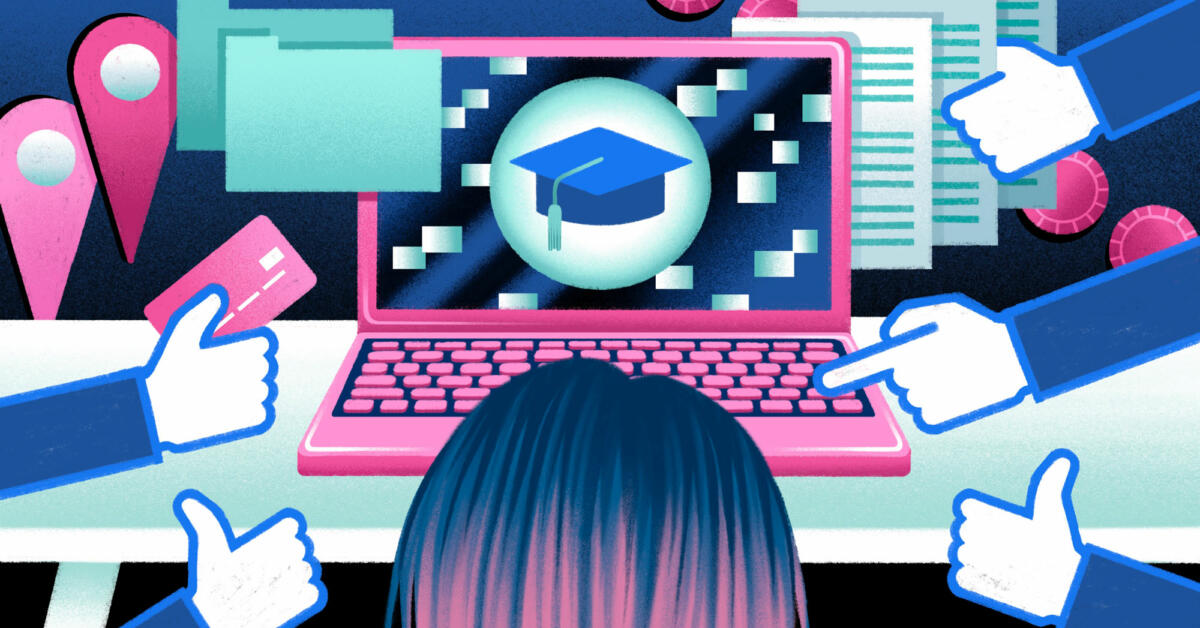
The Benefits of Critical Thinking in Education: Nurturing Independent Minds
Posted on January 1, 2022 by Olawuni Emmanuel Kayode
In an era defined by information overload and rapid change, the ability to think critically is more essential than ever. Critical thinking goes beyond rote memorization; it empowers individuals to analyze, evaluate, and synthesize information, leading to deeper understanding and more informed decision-making. In this blog, we'll explore the pivotal role of critical thinking in education and its profound impact on shaping independent, analytical minds.
Body:
-
Fostering Analytical Skills:
Critical thinking hones the ability to analyze information objectively. Students learn to dissect complex problems, identify underlying issues, and assess evidence, which are invaluable skills in academia and beyond.
-
Promoting Effective Problem-Solving:
A critical thinker approaches challenges with a systematic and logical mindset. They consider multiple perspectives, generate creative solutions, and select the most effective course of action.
-
Encouraging Independent Inquiry:
Critical thinkers are naturally curious and eager to seek out information. They question assumptions, challenge existing knowledge, and actively engage with learning materials, leading to a deeper level of understanding.
-
Enhancing Decision-Making Abilities:
Making informed decisions is a cornerstone of success. Critical thinking equips individuals with the tools to weigh options, consider consequences, and choose the most appropriate course of action.
-
Cultivating Effective Communication:
Articulating ideas and arguments clearly is a vital skill. Critical thinkers can express themselves persuasively, substantiating their viewpoints with evidence and reasoned analysis.
-
Fostering a Growth Mindset:
Critical thinkers embrace challenges and view failures as opportunities for growth. They understand that intelligence and abilities can be developed through dedication and effort.
-
Evaluating Information in the Digital Age:
With the abundance of information available online, discerning credible sources from misinformation is crucial. Critical thinkers are adept at evaluating the reliability and validity of information, safeguarding against misinformation.
-
Preventing Cognitive Biases:
Critical thinking helps individuals recognize and mitigate cognitive biases. By approaching problems with an open mind and a commitment to objectivity, they can make more rational and well-informed decisions.
-
Preparing for Lifelong Learning:
In a world of rapid technological advancement, adaptability and a willingness to learn are paramount. Critical thinking instills a mindset of continuous learning, enabling individuals to thrive in dynamic environments.
-
Fostering Civic Engagement and Global Awareness:
Critical thinkers are engaged citizens who actively participate in their communities. They are informed about local and global issues, and they seek to contribute positively to society.
Conclusion:
Critical thinking is not just a skill; it's a mindset that empowers individuals to approach challenges with curiosity, objectivity, and a commitment to informed decision-making. By nurturing critical thinking in education, we equip students with the tools they need to navigate an ever-changing world, fostering independent minds that will shape the future for the better. Embracing critical thinking is an investment in the development of well-rounded, analytical individuals who are prepared to tackle the complexities of the 21st century.
Mission
Lorem ipsum dolor sit amet consectetur adipisicing elit. Ipsa, possimus?
Vision
Lorem ipsum dolor sit amet consectetur adipisicing elit. Ipsa, possimus?